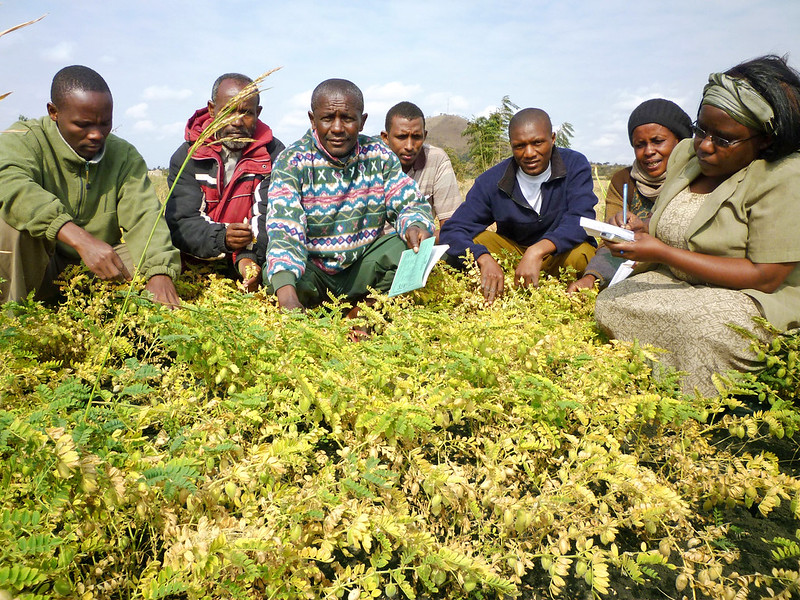Improving Food Security in Africa with ZeroFly Storage Bags
 A severe food deficit plagues the African continent, as 20% of its inhabitants do not have enough food. To create a more sustainable, livable future for Africans, there needs to be a serious effort dedicated to improving food security in Africa. Agriculture’s significance for the African economy creates an excellent opportunity to help the economy while increasing the food supply with new technological advancements. Here is how ZeroFly Bags are improving food security in Africa.
A severe food deficit plagues the African continent, as 20% of its inhabitants do not have enough food. To create a more sustainable, livable future for Africans, there needs to be a serious effort dedicated to improving food security in Africa. Agriculture’s significance for the African economy creates an excellent opportunity to help the economy while increasing the food supply with new technological advancements. Here is how ZeroFly Bags are improving food security in Africa.
Understanding Post-Harvest Loss
Recent efforts geared toward improving food security in Africa have revealed the key causes of food insecurity. In Kenya, perhaps most alarming is the country’s high rate of post-harvest food loss. While food waste refers to edible food that is thrown away, food loss refers to food that is not even edible for human consumption. In Kenya alone, 20% of grain cereals are lost after harvest. Specifically an estimated 12% of maize ends up as post-harvest loss. This is an astounding figure for a region that relies heavily on agriculture as a primary food source.
Furthermore, Kenya is a model for other countries in the region, which exposes the depth of food insecurity in Africa. While Kenya has begun to address this issue, post-harvest food loss still contributes to food insecurity throughout sub-Saharan Africa. Thirty-three million smallholder farms are responsible for producing up to 90% of the food supply in some Sub-Saharan African countries. Despite these millions of farmers, however, post-harvest losses lead to severe food shortages. While grain loss can equal up to 20% of supply, up to half of fruits and vegetables do not even make it to the marketplace.
Improving Food Security in Africa by Overcoming Food Loss
Post-harvest food losses result from a lack of food safety measures, inadequate sanitation and poor storage methods. The methods taken so far to combat these issues are expensive. These include regular pesticide treatments, which are time-consuming, dangerous and questionably successful. As such, sub-Saharan Africa still loses $4 billion a year as a result of post-harvest food losses. The ZeroFly Bag could drastically transform that number.
A recent technological invention, ZeroFly Storage Bags, works toward improving food security in Africa. Public health innovation company Vestergaard developed the product to ameliorate food storage methods. Embedded with FAO- and WHO-certified pesticide deltamethrin in its fibers, the ZeroFly Storage Bag protects the stored grain from insects. Because the bag slowly releases the pesticide over two years, it remains effective for at least that long. With pests unable to taint the quality of the food, these bags keep post-harvest food loss to a minimum.
Impact on a Global Scale
While this innovation is improving food security in Africa, it also has the potential to reduce poverty worldwide. Only two-thirds of food produced for human consumption actually make it to the marketplace. As 12.5% of people worldwide are without food, limiting post-harvest food loss can improve food security around the globe.
The ZeroFly Storage Bag could be an essential part of bettering both food security and poverty. For example, the World Bank estimates that a 1% reduction in post-harvest food losses would save $40 million. This could directly benefit smallholder farms. While many people in Africa and elsewhere struggle to access food, the ZeroFly Storage Bag is a sustainable solution to improving food security in Africa and around the world.
– Eliza Cochran
Photo: Flickr
